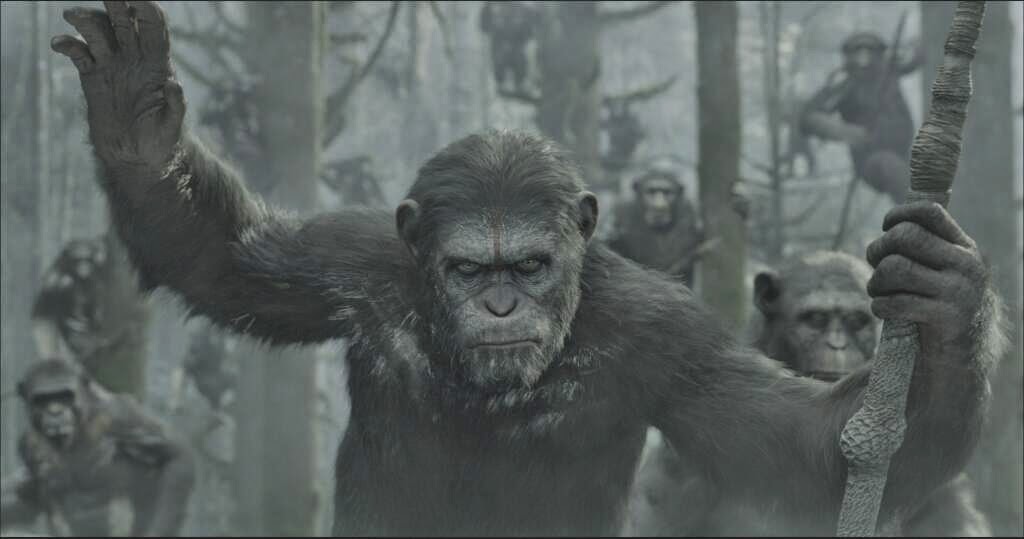The studio: Quantic Dream
Quantic Dream is a French game studio based in Paris.
A lot like Naughty Dog, Quantic Dream has the goal to create interactive stories that are emotionally engaging. Thus, I've been a big fan and an admirer of their work for years now. I'm going to talk about three different games they've made and how they have really pushed me towards psychology in animation.
Once again the post is spoiler free.
Fahrenheit (2005) / Indigo Prophecy (US)
Fahrenheit was the very first game I played from Quantic Dream and despite its low quality graphics it managed to draw me in as a gamer and I think the game really laid Quantic Dream's path towards 'cause and effect' style of games and since then they've been taking huge steps and developing their unique style as a studio game by game.
As an animator the quality of animation in Fahrenheit caused some hilarity at times but it didn't spoil the gaming experience because the story is so solid. This made me realise that animation is very important and it can make or break the believability but the story and the plot are the very core that needs to be strong as well to keep the audience entertained and interested.
As an animator the quality of animation in Fahrenheit caused some hilarity at times but it didn't spoil the gaming experience because the story is so solid. This made me realise that animation is very important and it can make or break the believability but the story and the plot are the very core that needs to be strong as well to keep the audience entertained and interested.
Heavy Rain (2010)
Heavy Rain is one of my all time favourite games because you get to play so many different characters and all your decisions affect the storyline. I was, however, rather disappointed by the not the story itself or the plot but the very ending and who the Origami killer was. The solution was too obvious but rather that a solution which had no foreshading whatsoever.
Action is reaction to something and so should animation be as well, it has to have a purpose and meaning behind it. This is why all the games from Quantic Dream have always fascinated me so much. Their story work inspires and makes me always explore why a character is doing what it's doing and more importantly what the character is thinking or feeling first and then how this translates into action. What the emotions drive the characters to do.
Action is reaction to something and so should animation be as well, it has to have a purpose and meaning behind it. This is why all the games from Quantic Dream have always fascinated me so much. Their story work inspires and makes me always explore why a character is doing what it's doing and more importantly what the character is thinking or feeling first and then how this translates into action. What the emotions drive the characters to do.
Beyond: Two Souls (2013)
As the director of Beyond: Two Souls David Cage describes it as fractal storytelling in which there is the main story line going through the whole game but also every single scene has their own story arch with its start, middle and end. I love this technique because it can be and should be used in every story and every single scene or shot should always have a purpose and thus all the three story stages too. This way, no matter when the audience arrives in the scene they will instantly pick up the clues and understand the situation, character motives and they can emerge into the story and start anticipating what will happen next.
In similar fashion, every time when I'm animating a shot I like to think that there is an audience member who is channel hopping from a channel to another and when they get to my shot, I ask myself would they instantly know what is going on. If I feel they wouldn't, I know that something needs to be changed. Also stopping the animation at random frame is great way of testing the quality of the performance and acting in animation. As they say, every frame should tell a story.
As a summary, through Quantic Dream's amazing games I've become more and more interested in the psychology behind animation and the acting in animation. Anyone can learn to animate but acting is the real art in CG animation. And lastly, here is a very interesting webinar in which the animation director Kenneth McDonald, the supervising animator Teppei Takehana among others talk
about their work on Beyond: Two Souls.
Play games, think, cause, affect and as always, stay tooned!












